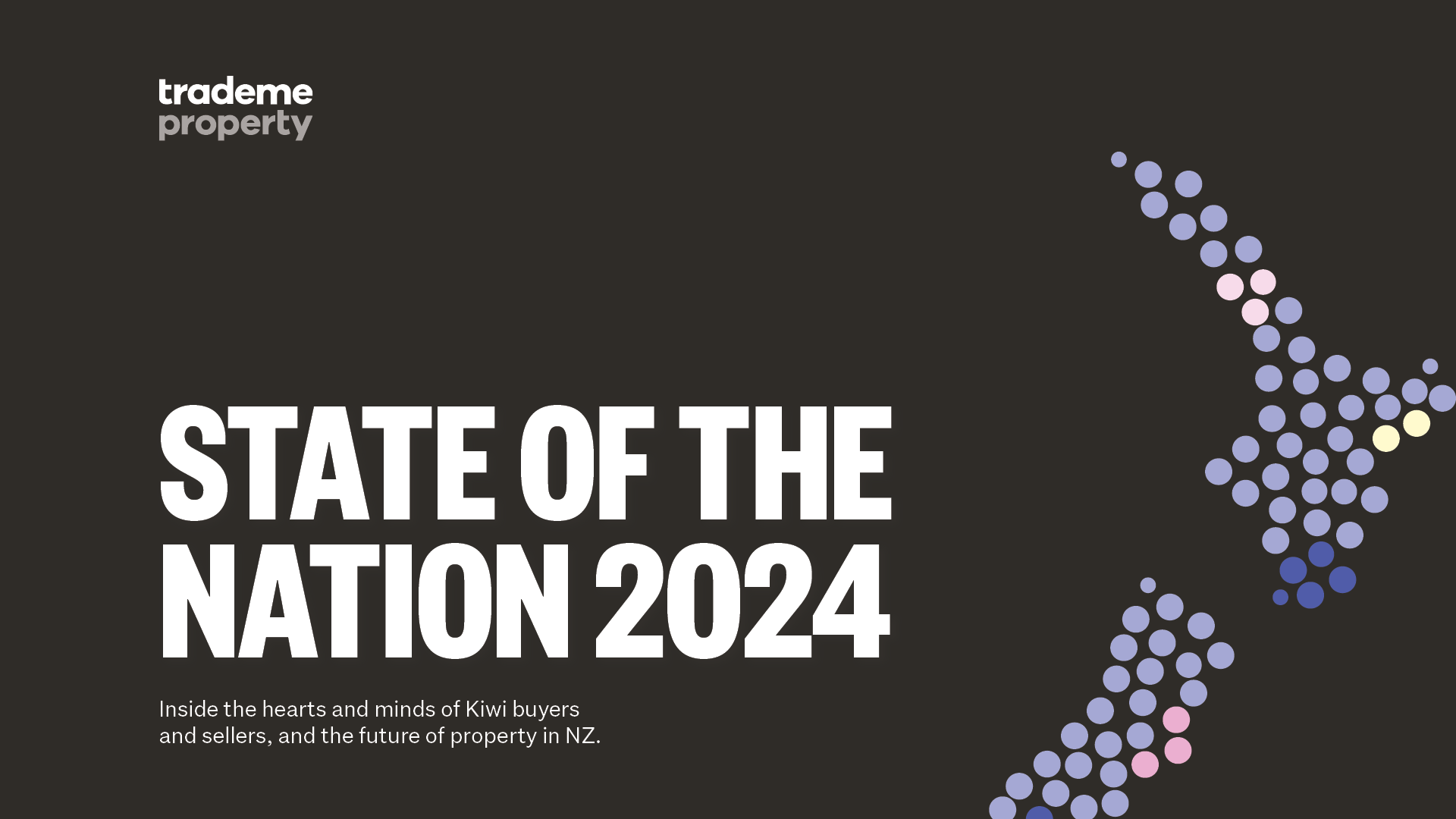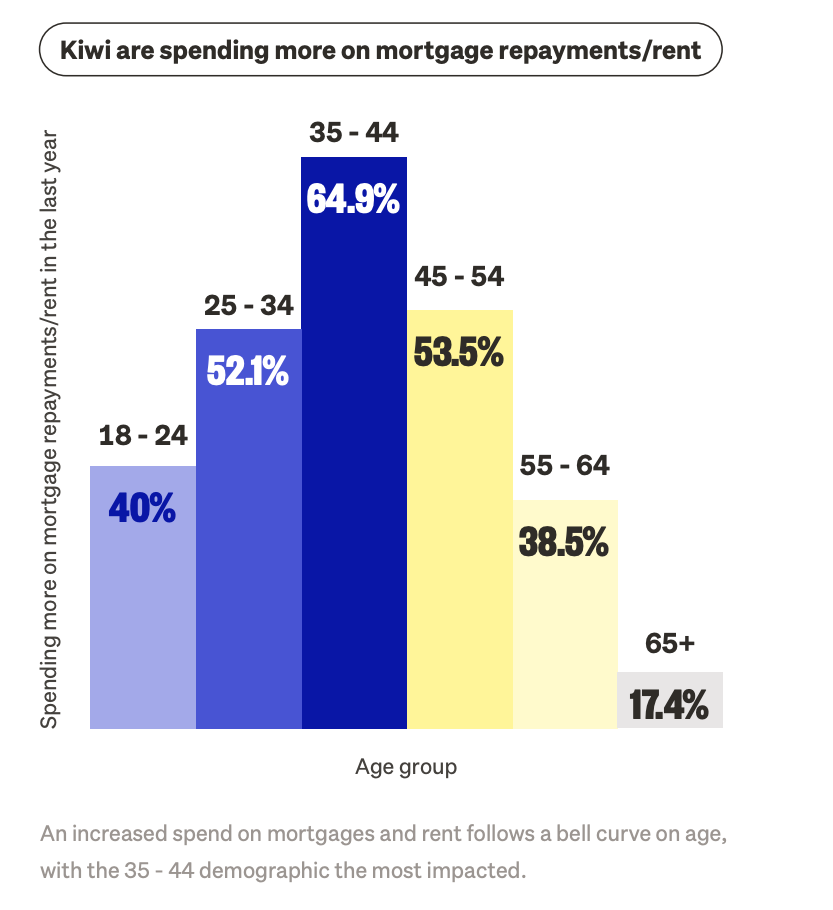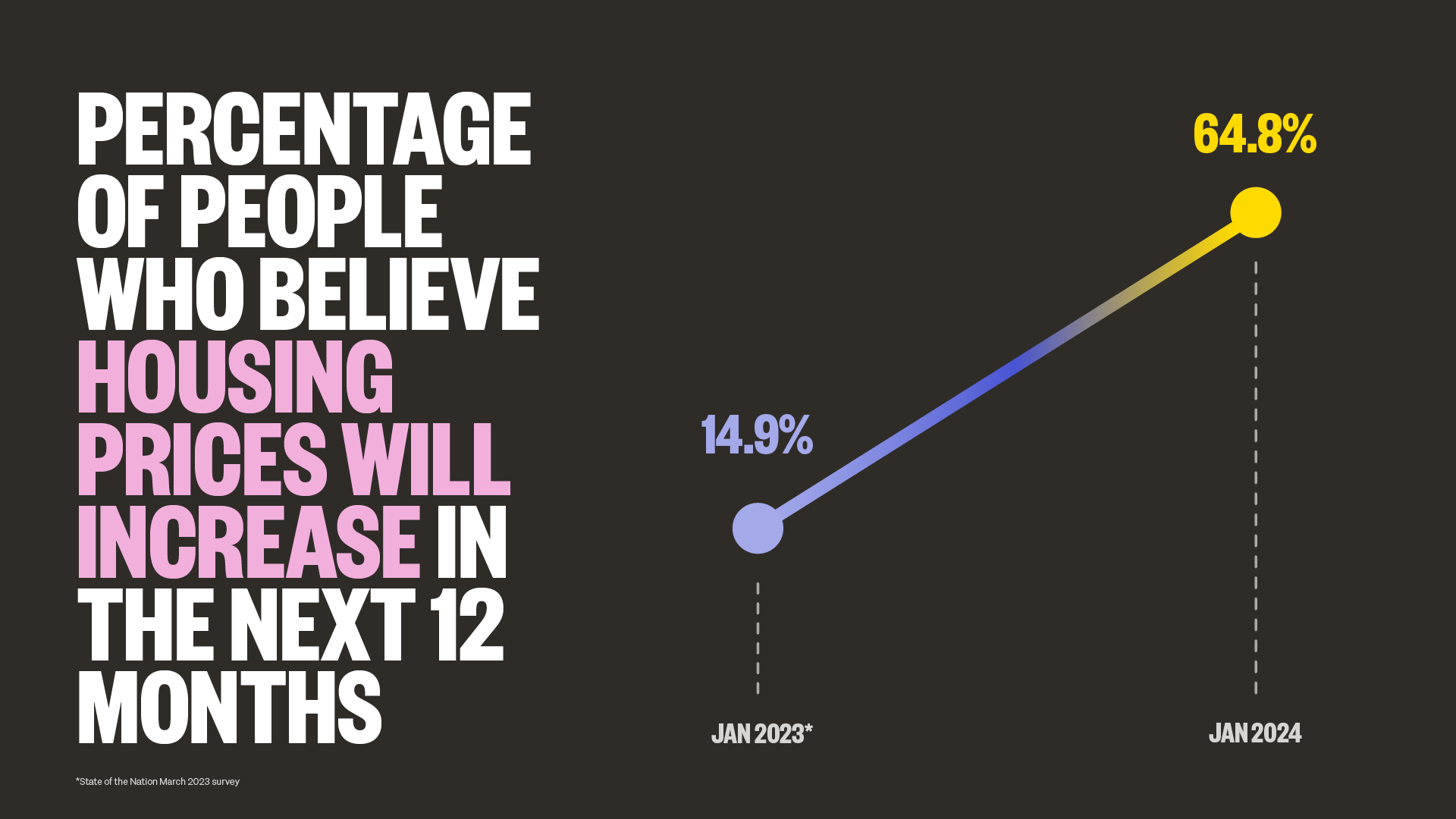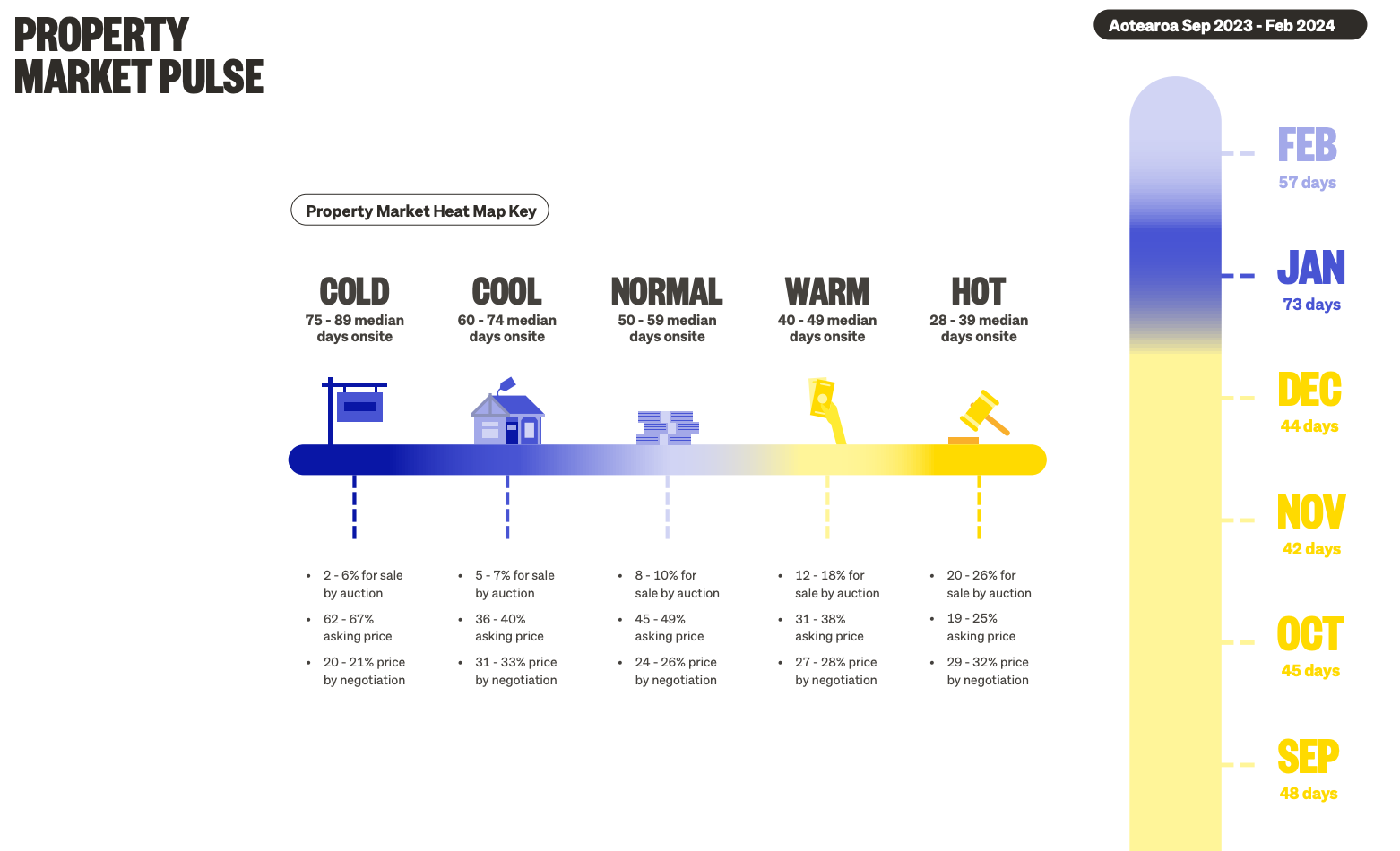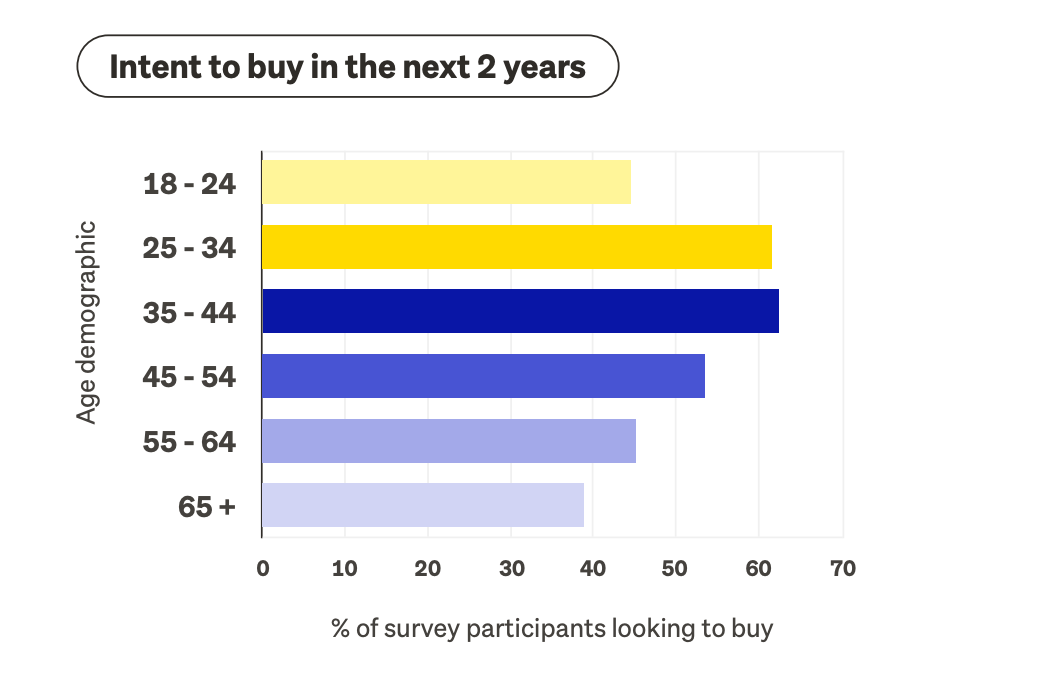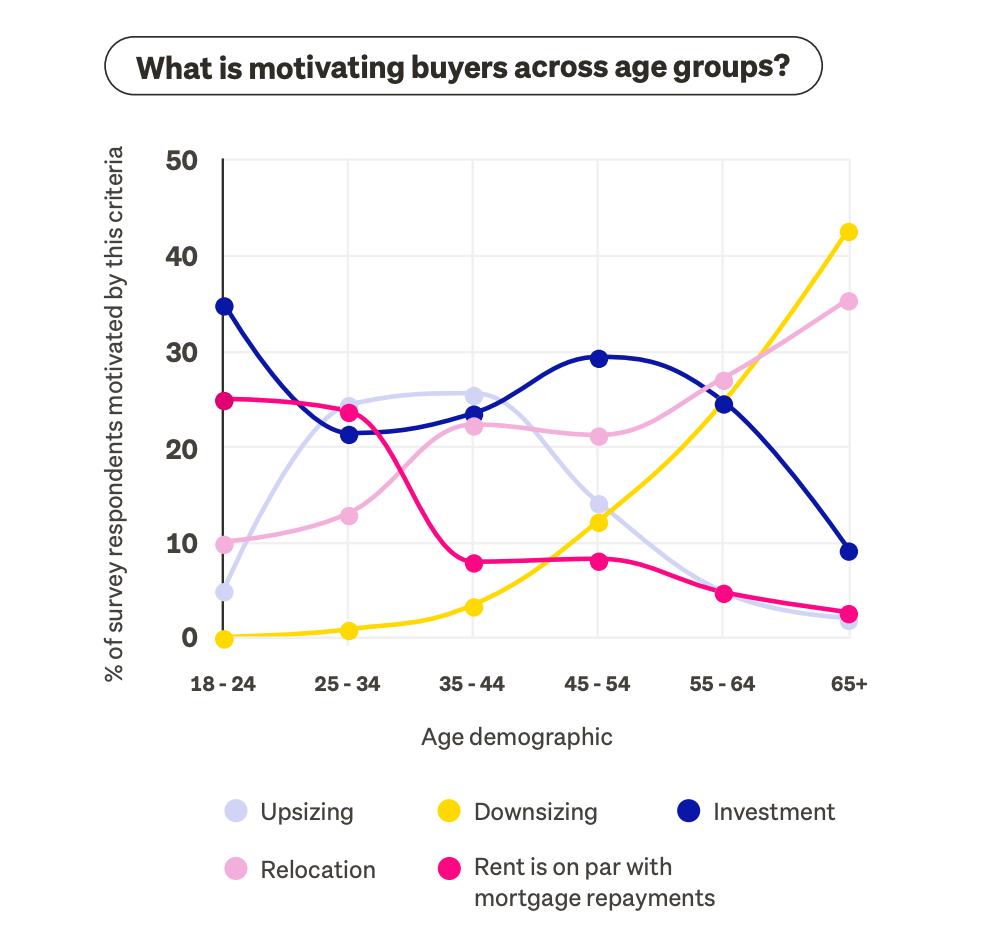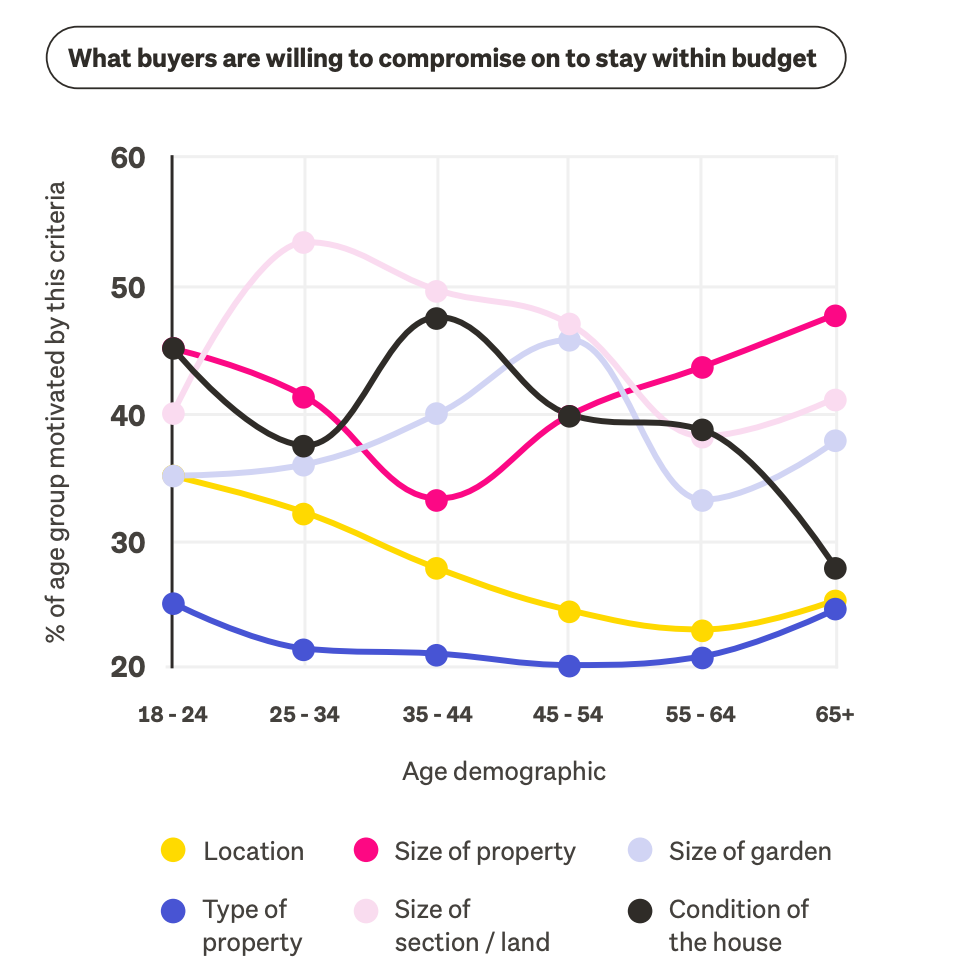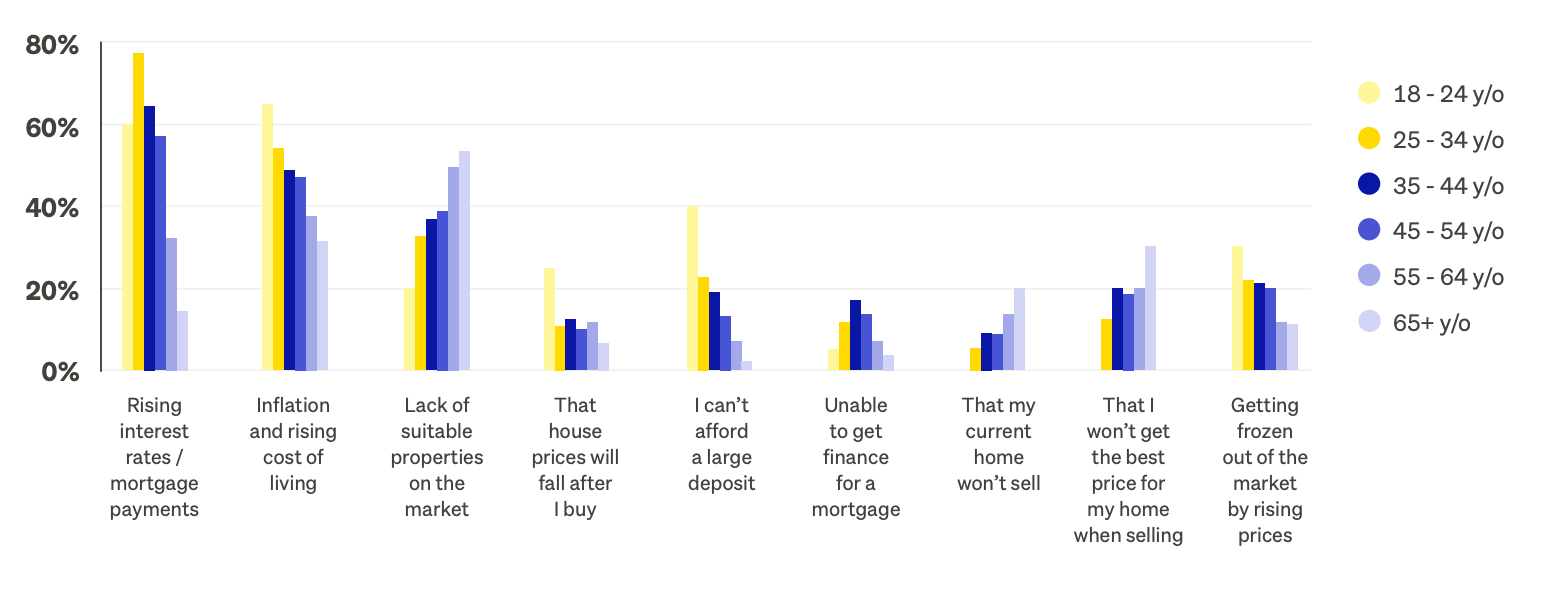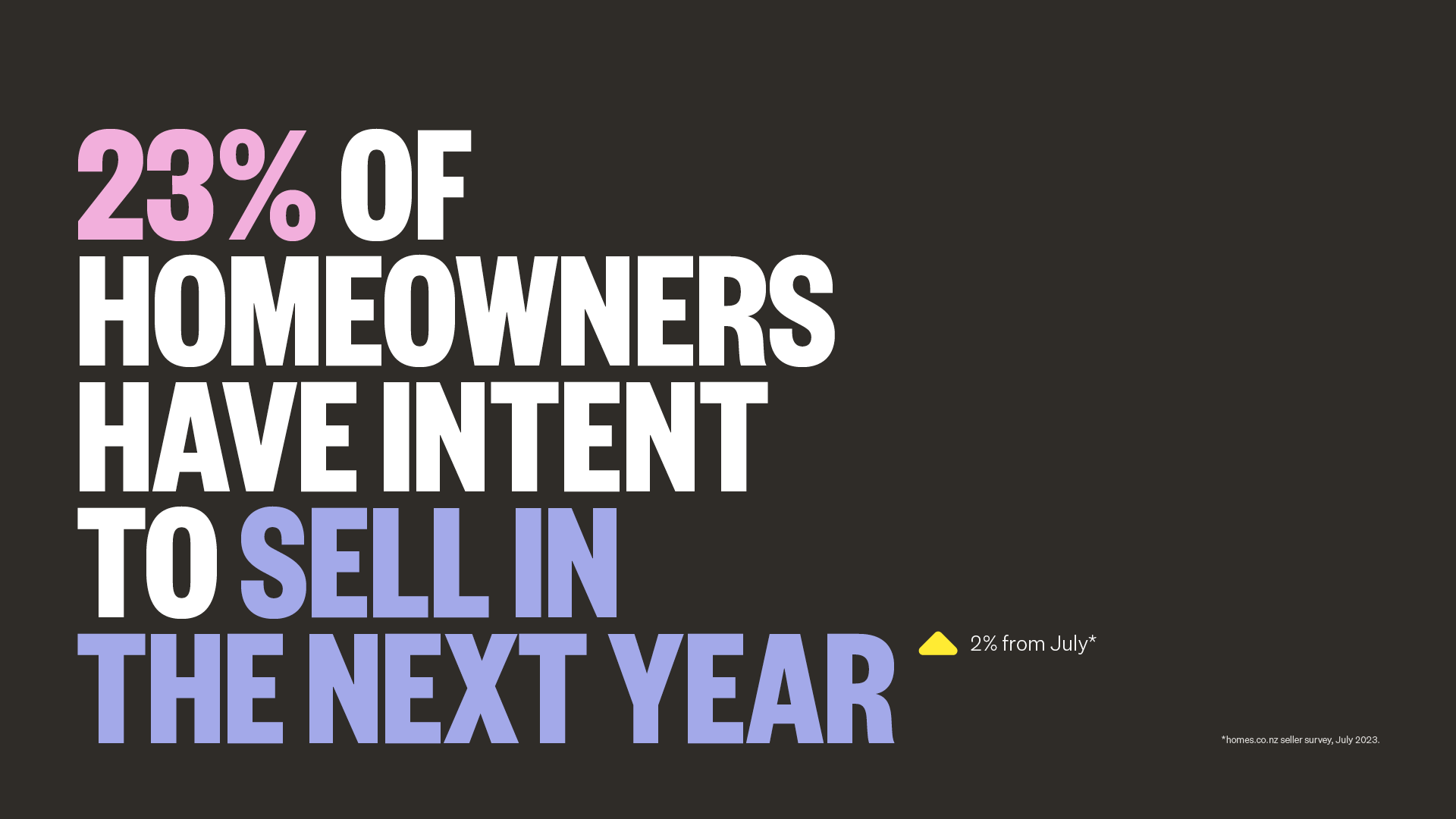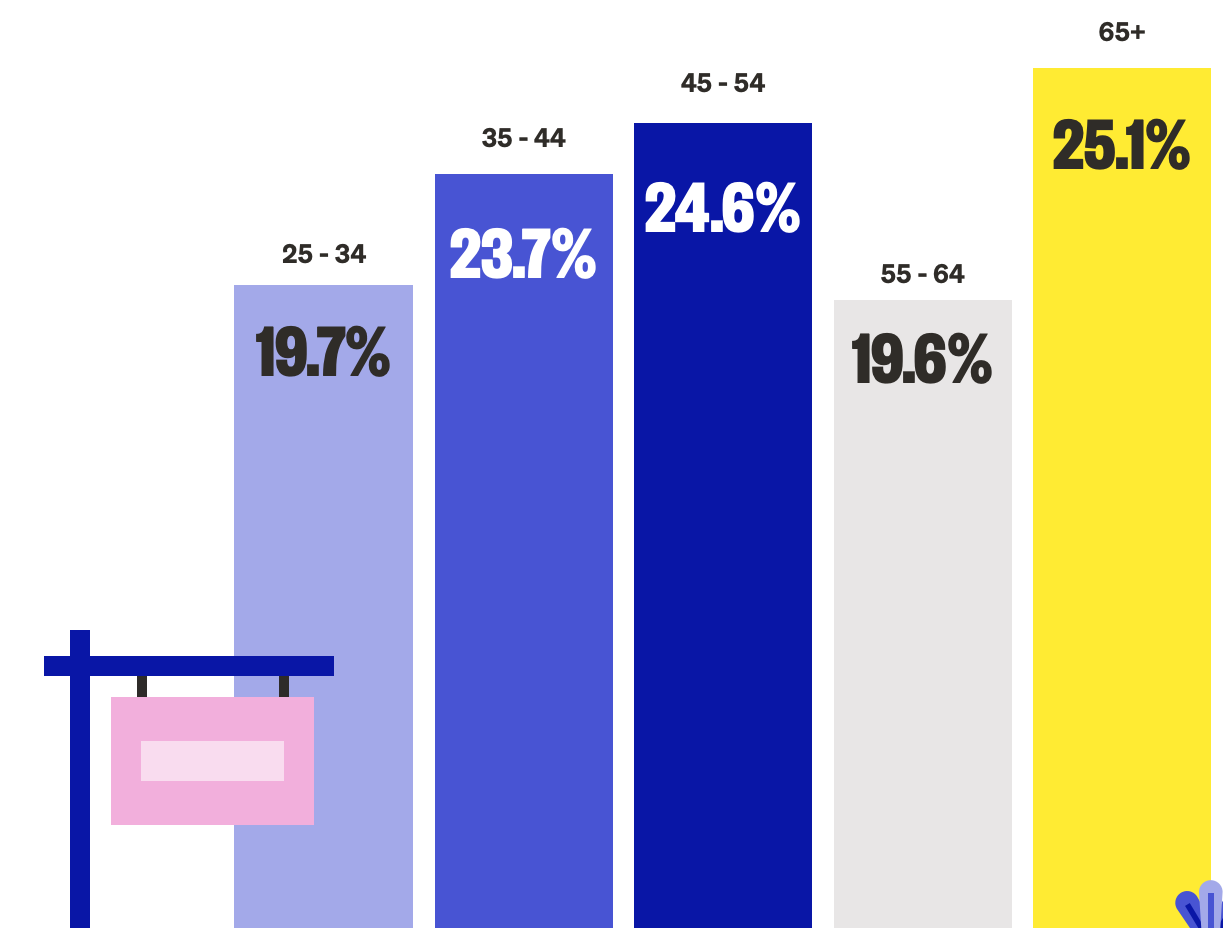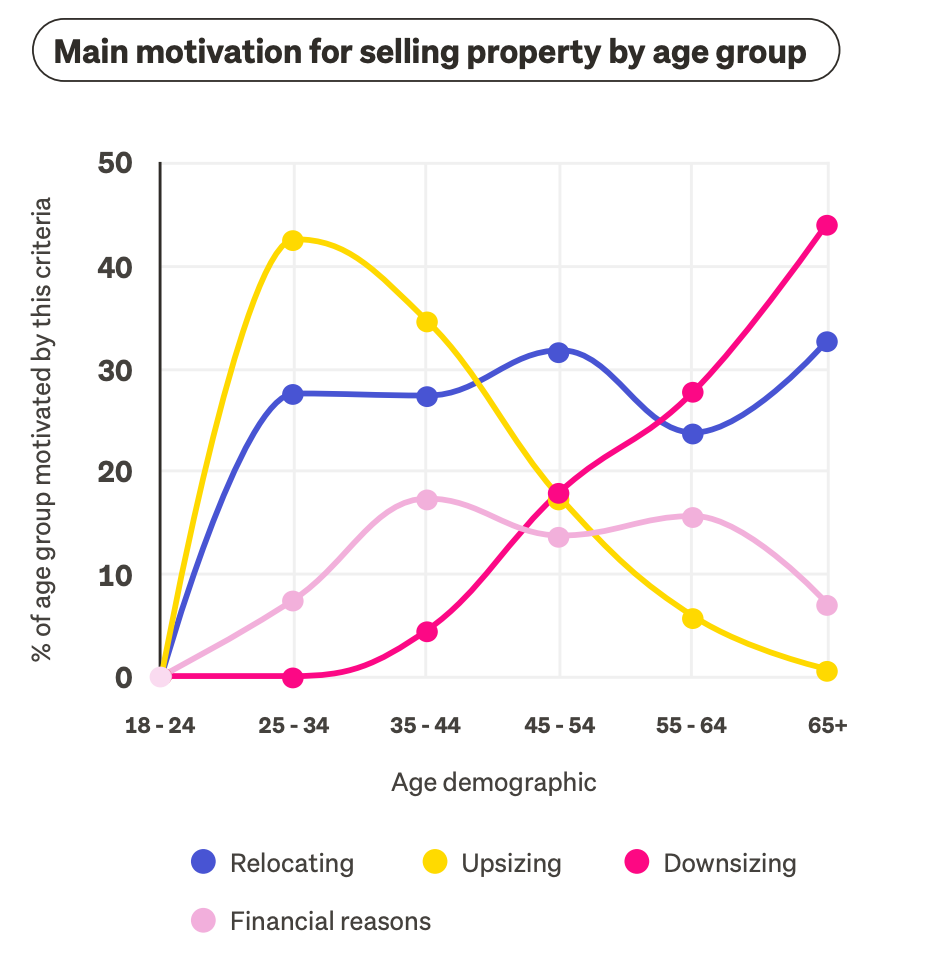State of the Nation 2024
Last updated: 2 April 2024
Look inside the hearts and minds of Kiwi buyers and sellers, and the future of property in NZ.
Foreword: Insights to guide you in the year ahead
An economic overview: The road ahead for Aotearoa
What’s on the mind of the nation? The impact of the everyday economy
A shift in priorities and behaviours
The 2024 buyer mindset
Affordability is key - and buyers are willing to compromise
What does this mean for the market?
Buyer intentions and motivations
A Double Click on Age Demographics
Biggest concerns about buying
The 2024 seller mindset
Intent to sell in the next 12 months (by age group)
